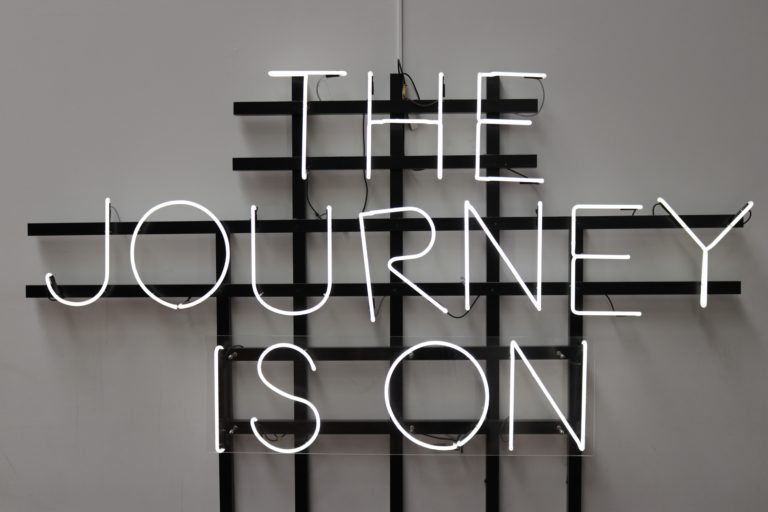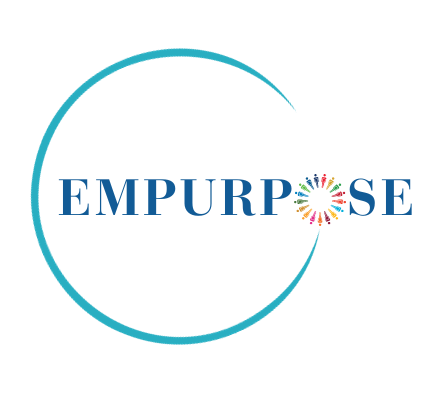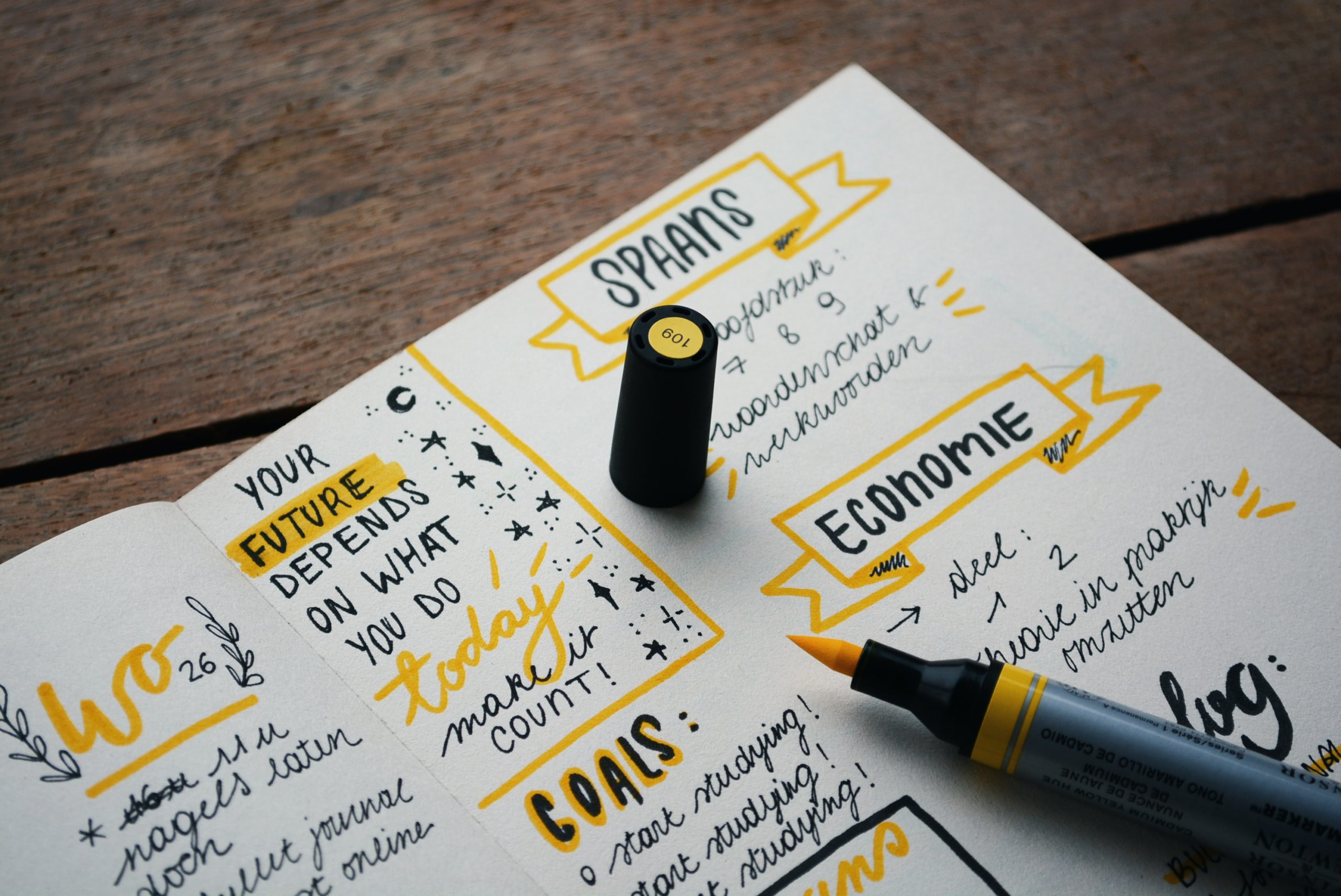Wipe out some career-limiting beliefs and 7 tips for a meaningful career
My last year in high school, I was extremely stressed about the decision of which major to choose, what university I should get into. I thought it is the one and only ticket to my career. I was afraid I will choose wrong. The question here would be: So what is the right option?
Some of my clients in their mid-30s, 40s were afraid that it was already too late for them. The question here would be: Late for what?
Our world is swamped with information. Some are good. Some do more harm than help. When it comes to career development or how to be successful, fulfilled at work, there are tons of theories, debates, assessments. There are also career services, coaches, counselors with different sometimes dichotomic approaches. The truth is, it depends on how the person defines their happiness and success. In this article, I will walk you through some main points I distill. They will be divided into 3 parts: mindset – what you think, resources – what you have, actions – what you do. I think it’s a good start for anyone who feels stuck and confused about the next steps in their career.

Mindset
1. Passion or no passion?
Which team do you belong to? “dreamer” or “be real”? It is and will always be a debate about whether passion will bring you happiness and fulfillment to your career. Believe it or not, we may have found the common ground: “blindly following your passion is the most destructive idea ever”. Over 80% of young adults don’t know what their passion is at the time they choose a college. Some of them may randomly choose something that works for them, the others not. Less than 27% of students have jobs related to their major within 5 years after graduation.
The idea is that we are not born with passion. We are born with interests. And our interests change when our worldview changes. Passion is not something innate in us so don’t beat yourself up if you don’t know what your passion is. One of Stanford’s research also said “Follow your passion-that advice may actually make people less successful, since it unrealistically implies an easy path to success and narrows your focus too much”. Passion is not there ready to shine without you putting in any effort. It takes time, effort, and patience to go find passion. Passion will be developed throughout your career journey. The baggage for you to start is your interests and your aptitude. What comes naturally to you? What do you enjoy doing, talking, thinking so much that you lose track of time?
Interest and passion share the same beginning point, but they start to pull apart when you face challenges or hardships. If you are confused about whether something is a passion or interest, ask yourself how much endurance you can reserve for that or how long before you give up.
2. Challenges out there and what you can contribute to solving them
Let’s say you found your interest, you feel great. You imagine you would be very happy if it could turn into your career. Now, let’s assume no one or very few people in this world will feel happy and benefited from that, would you still be happy? We, as human beings, are packed animals. The research in positive psychology Martin Seligman concluded that “if people can make a connection between their work and socially meaningful contribution, they are better at finding satisfaction and coping with confusion, stress, depression”. The challenge mindset of JP Michel and Ikigai concept all tried to tell us exactly the same thing. At the end of the day, what kind of challenges, from the world, people, or processes around you, that your job is helping to solve? Don’t just do well, do good also.
3. Some external barriers are real, but you do have free will
From time to time you might feel trapped. You are restless yet you can’t seem to change anything. Look a bit closer, you do have a choice. You might not like that choice at first sight, but you do have it. We sometimes are so overwhelmed with our surroundings that we experience something Brain Wagner calls “mental blindness”, or blindspot. Understandably, it is hard for you to identify, but it’s dangerous that you don’t admit you have one – because it’s the only way for you to get untrapped. Admit it, and then work on it. You could try meditation, journaling (self-reflection) to shut down the noise and organize your thoughts. Another way is to see outside pro-reflection (coaches, counselors…)
Resources
4. Assessments, tests, and career theories
Assessments and tests are all nonsense if they don’t go hand in hand with humanness – the unique story of the user.
What’s fascinating about human beings? We are all different. There is no single tool that can understand you better than yourself. That’s what I love about coaching. Coaching believes you already have the answers within yourself. Coaches’ role is to stimulate your thoughts so that you can see them through. Technology is cool, but we can’t rely on it to tell anyone what they should do for their career and what’s next on their career paths. I usually ask clients to elaborate, tell stories, go deeper on why they think that way, do that way, try to understand their core. We all then experience precious aha moments when clients actually can read their mind properly now – which is a condition to control the mind instead of letting the mind control you. If you have ever used any quizzes or tools, ask yourself: who are you truly? Who is hidden behind all of those answers? Did the result mean anything personal to you?
5. Self-awareness
Self-knowledge, self-awareness is the key to personal development, career development included. The world is constantly changing and each of us too. But certain things change, some never – our true self and our sense of purpose. If you understand yourself deeply, you are unshakable. You have a solid firm foundation to stand, to build whatever you would like. So no matter what reality might throw at you, you will find the way out. The destination in career and larger in life is never crystal clear (not until you’re on your deathbed), but if you hone your self-knowledge, if you learn to discover your purpose, your direction will be. And that’s what matters.
Actions
6. Personal branding
All that you have learned about yourself is worth nothing if you don’t know how to use that for your personal branding. Personal branding is not just for others. It’s for you first. For you to raise your voice, for you to test if the self you have found is truly an authentic self. If you feel any resistance to exposing it, perhaps something is missing. In career development, personal branding is about how those aspects of your true self can be expressed in your resume, your LinkedIn, job interviews, or how it can help distinguish you as a uniquely qualified candidate. Of course, you have to answer Who and Why before working on How and What.
7. When too much is too much
Ask any perfectionists about how they struggle with decision-making and procrastination. In fact, most of us are like that. When we make important decisions, more often than not we try to gather as much information as possible without actually doing anything. Then 2 months, 6 months looking back, we have no progress. We try to find the most perfect option. When it comes to a career, unfortunately, there is no “the best”. But there is “better”. What you have to do is that once you have a fair amount of information, start your prototype (volunteer, part-time, side hustle, lots of informational interviews, and field research). Try it out. Don’t use information collection as an excuse to be stagnant. 2 years of worrying if that’s the right option for you is equal to 2 years you invest in that option. You may succeed or may learn one more thing you don’t like in order to get closer to what you like.


Now back to the 2 stories at the beginning of this article, I wish I have a coach or know how to self-coach back then: what is the right option? -> when it makes me happy -> how do you define happiness? -> when I can do what I like, use skills I’m good at, work in the environment that connects to my core values, find some meaning in my work every day… -> I can start mapping all that and see possibilities I have.
Or when you experience some sort of mid-life crisis: “I’m late” -> late for what? -> late for being successful -> what success means to you? -> I have a lot of money -> so what would you do with that money? -> I will travel -> what does traveling bring to you? -> freedom -> Is there a way for you to gain more freedom in your current job? -> Indeed, yes!
The last piece for you: “being successful” according to whom? If defined by society, I doubt you will be happy. Only by you, when you spend time to pause and find your own definition about success and happiness, you then have a compass – a direction for your life and your career. Take up your responsibility!
References:
1. Bill Burnett. 5 steps to designing the life you want.
5 steps to designing the life you want | Bill Burnett | TEDxStanford – YouTube
2. Burnett, W., Burnett, B., & Evans, D. J. (2016). Designing your life: How to build a well-lived, joyful life. Knopf.
3. Brian Wagner. Define your blind spot.
Define Your Blind Spot | Brian Wagner | TEDxHilliard – YouTube
4. Hess, A.J. (2018). Following your passion makes you less successful. Retrieved Feb 16th, 2022, from https://www.cnbc.com/2018/06/22/stanford-researchers-following-your-passion-makes-you-less-successful.html
5. JP Michel. The challenge Mindset: Helping Youth Find Purpose and Impact.
The Challenge Mindset: Helping Youth Find Purpose and Impact | JP Michel | TEDxKanata – YouTube
6. Simon Sinek. How great leaders inspire action.
Start with why — how great leaders inspire action | Simon Sinek | TEDxPugetSound – YouTube



